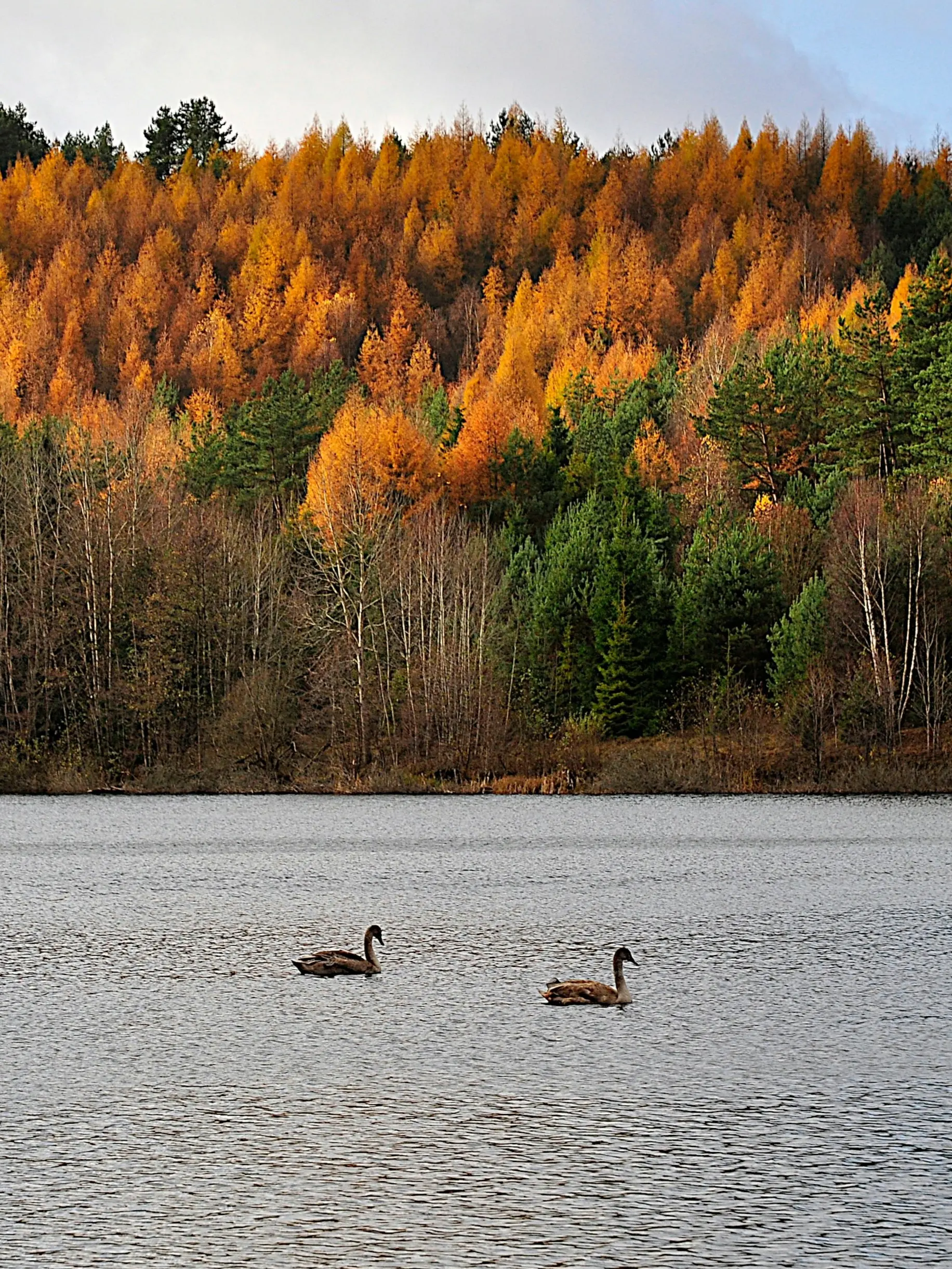
About Kashubian people
The Kashubian people, residing primarily in the north-central region of Poland along the Baltic Sea, present a fascinating blend of tradition and modernity. This ethnic group, with a population estimated to be over 500,000, retains a distinct identity, language, and cultural practices, despite the overarching Polish national identity many adopt. The Kashubian language, recognized as a regional language, is a testament to their enduring cultural heritage.
Kashubians: Historical overview
The Kashubians are a Western Slavic people with their unique language and traditions, having lived in relative isolation for centuries. Historical estimates suggest a vibrant Kashubian presence not only in Pomerelia but also in diaspora communities in the United States, Canada, Brazil, and other parts of the world.
Culture and traditions of the Kashubians
Kashubian culture is rich in folklore, traditional music, and dance. Traditional Kashubian instruments like the devil’s fiddle and the Kashubian alphorn are staples at local festivals. The Kashubian language, enriched with German and Polish loanwords, reflects the group’s historical interactions with neighboring cultures. Despite its dialectical diversity, efforts at standardization have fostered a revaluation of Kashubian identity.
Notable figures like Florian Ceynowa, Antoni Abraham, and Günter Grass have played pivotal roles in Kashubian cultural and political activism, contributing to the preservation and promotion of Kashubian language and identity.
Kashubian embroidery and folk art
Kashubian embroidery, known for its vibrant colors and intricate designs, symbolizes various elements of the natural world and Kashubian life. Folk art, especially ceramics decorated with traditional Kashubian motifs, plays a significant role in preserving the community’s artistic heritage.
Kashubian cuisine
Kashubian cuisine offers a unique culinary experience, heavily influenced by the region’s access to the Baltic Sea. Dishes like herring in cream sauce and potato pancakes highlight the blend of simplicity and richness in Kashubian gastronomy.
Kashubian language
The Kashubian language, a West Slavic language, has gained recognition and protection as a regional language. Efforts to promote Kashubian through education and media have ensured its survival and growing prestige among both Kashubians and outsiders.
Tourism and modern Kashubian identity
Tourism has become a significant aspect of Kashubian cultural preservation, attracting those eager to explore Kashubian traditions, crafts, and the natural beauty of the region. This interaction between tradition and modernity underscores the dynamic nature of Kashubian identity in contemporary Poland.
Conclusion
The Kashubian people, with their rich cultural tapestry and resilient identity, stand as a vibrant community within Poland and beyond. Their enduring traditions, language, and customs not only enrich the cultural landscape of Poland but also offer a window into the diverse heritage of the Slavic peoples.
For more detailed exploration of Kashubian history, culture, and modern identity, the following sources provide comprehensive insights: Wikipedia’s entries on the Kashubians and Kashubia, as well as articles from Britannica, In Your Pocket, and Wild East Blog provide extensive information on this fascinating ethnic group.
Sources:
- Wikipedia on Kashubians: https://en.wikipedia.org/wiki/Kashubians
- Wild East Blog about Kashubian culture: https://wildeast.blog/kashubians-polands-unknown-minority/
- In Your Pocket’s guide to Kashubian people: https://www.inyourpocket.com/gdansk/who-are-the-kashubians_72582f
- Britannica on Kashubian people: https://www.britannica.com/topic/Kashubian
- Wikipedia on Kashubia: https://en.wikipedia.org/wiki/Kashubia
Related Articles
Related
Life in the concentration camps
Daily life in Nazi concentration camps was marked by hunger, exhaustion, and violence. From forced labor to constant surveillance, the system created conditions intended to destroy both the body and spirit of prisoners.
Concentration camp Facts & Definitions
Concentration camps were a defining feature of Nazi rule between 1933 and 1945. They were not only prisons but instruments of forced labor, terror, and genocide. Understanding their definitions, structures, and functions reveals how the system operated on a massive scale.
The Nazi Concentration Camp System
The Nazi concentration camp system grew from a small network of prisons for political opponents into a vast mechanism of persecution and genocide. Between 1933 and 1945, it spread across Europe, shaping the Holocaust and leaving a legacy of immense suffering and loss.
